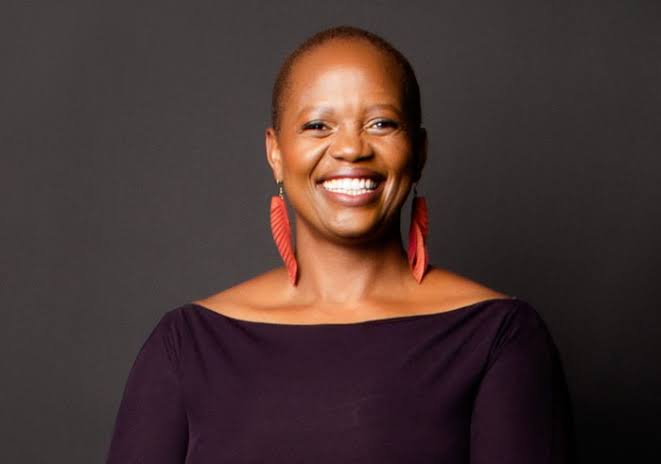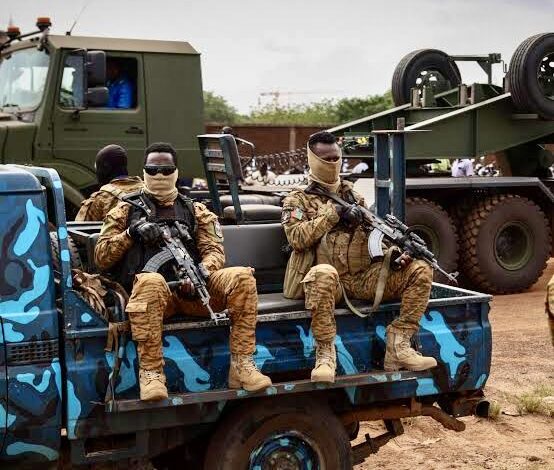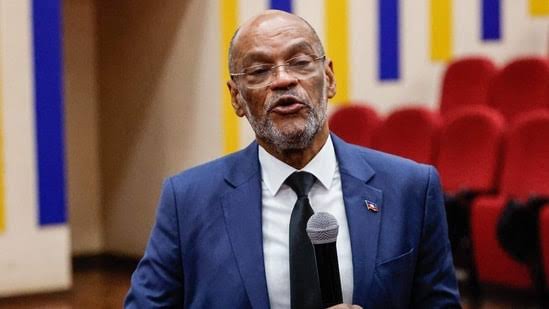
Faith Nyasuguta
Haitian Prime Minister Ariel Henry’s official resignation marks a significant development in the country’s tumultuous political landscape, paving the way for a transitional council to navigate its path forward amidst ongoing challenges.
In his announcement posted on social media platforms, Henry acknowledged the trials faced during his tenure, emphasizing the need for leadership during challenging times. His decision to step down, effective as of Wednesday, comes amid heightened tensions exacerbated by a coordinated onslaught by powerful gangs targeting the capital, Port-au-Prince.
This surge in violence coincided with Henry’s absence from the country during a visit to Kenya in support of a United Nations-backed security initiative for Haiti.
Since agreeing to resign last month, Henry has remained outside of Haiti under the protection of the United States Secret Service, further adding to the uncertainty surrounding the country’s political leadership. The installation of a transitional council, comprising seven voting members, took place promptly following Henry’s resignation, with Economy Minister Michel Patrick Boisvert assuming the role of interim prime minister until a new government is formed.
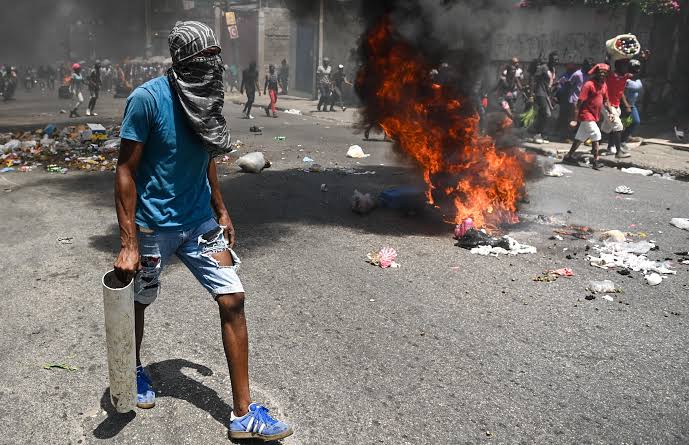
The responsibilities entrusted to the transitional council are formidable, encompassing the formulation of a comprehensive agenda for a new cabinet, the appointment of an interim electoral commission to oversee the scheduled 2026 elections, and the establishment of a national security council to address the pervasive insecurity plaguing the nation.
The implications of Henry’s resignation and the subsequent formation of the transitional council extend beyond Haiti’s borders, eliciting reactions and calls for action from the international community. While gang leaders had demanded Henry’s resignation, they expressed dissatisfaction over their exclusion from transitional discussions, raising concerns about their potential response to the new council’s initiatives.
Amidst the escalating violence and humanitarian crisis, there is a pressing need for concerted efforts to address Haiti’s multifaceted challenges. Gang control over significant swathes of Port-au-Prince has precipitated a surge in violence, leading to the displacement of hundreds of thousands and exacerbating food insecurity for millions.
Henry’s tenure, which began following the assassination of President Jovenel Moise in 2021, was marked by external support from the United States and other Western nations. However, his departure highlights the enduring fragility of Haiti’s political institutions and the complex interplay of domestic and international factors shaping its trajectory.
As the transitional council assumes its mandate, there are mounting concerns about the country’s future trajectory and the role of external actors in shaping its destiny. While some advocate for robust international intervention to address Haiti’s deep-rooted challenges, others caution against external interference, emphasizing the need for Haitian-led solutions rooted in local contexts.
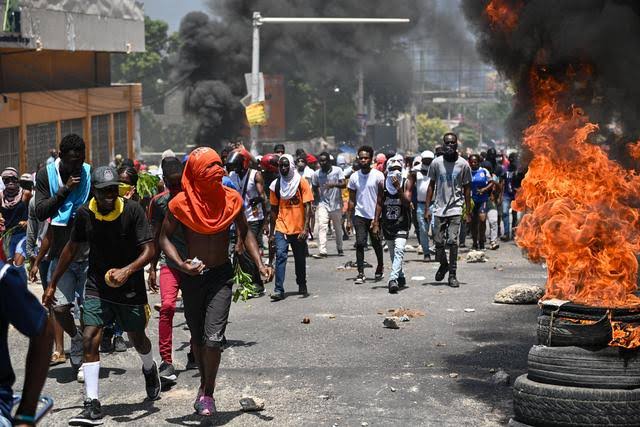
Against this backdrop of uncertainty, Haiti stands at a critical juncture, poised to chart a course towards stability and prosperity with the support of its citizens and the international community alike.
The decisions made by the transitional council in the coming weeks and months will undoubtedly shape the nation’s trajectory for years to come, emphasising the urgency of finding sustainable solutions to its pressing challenges.
RELATED:


